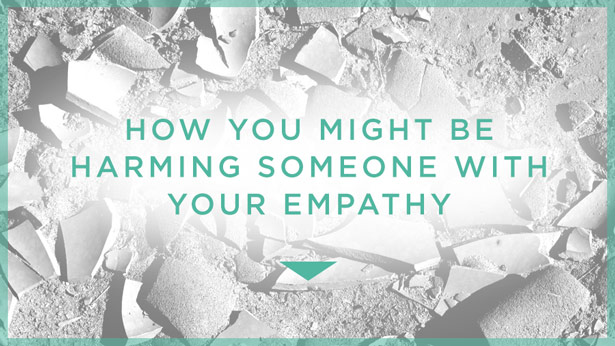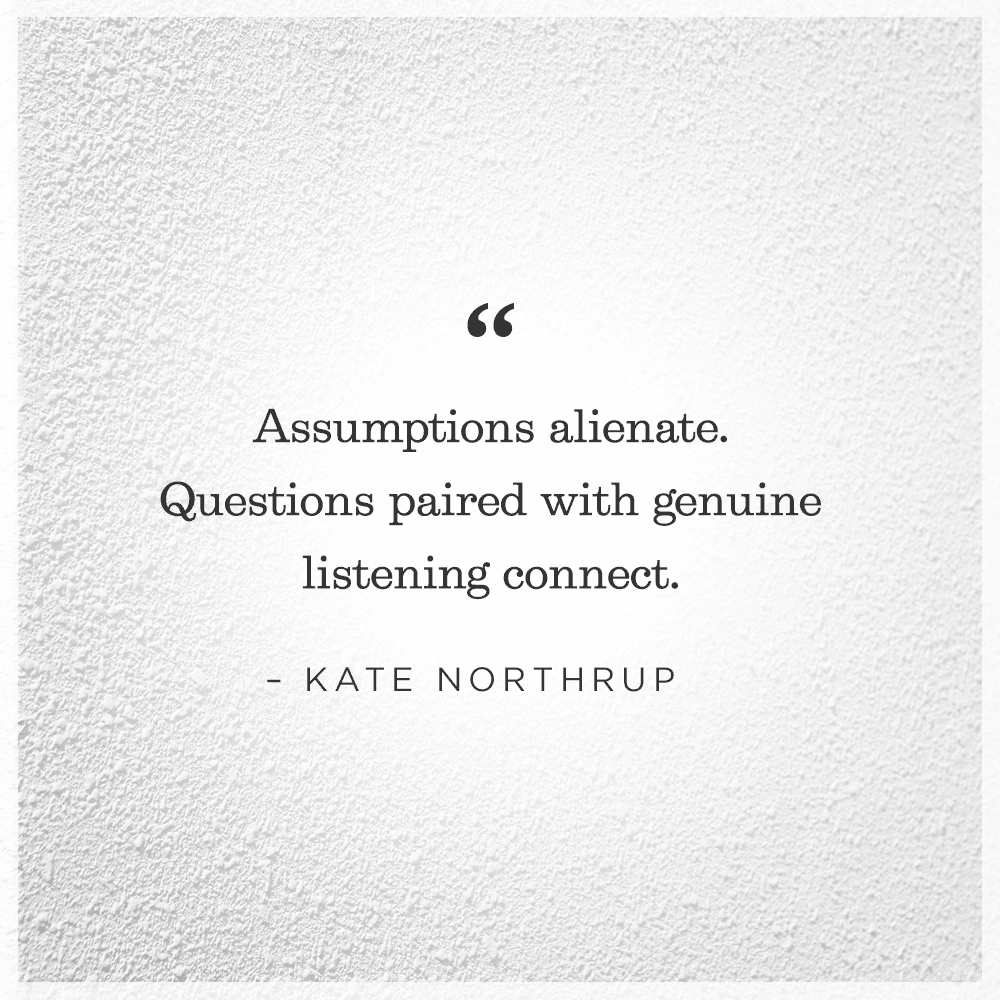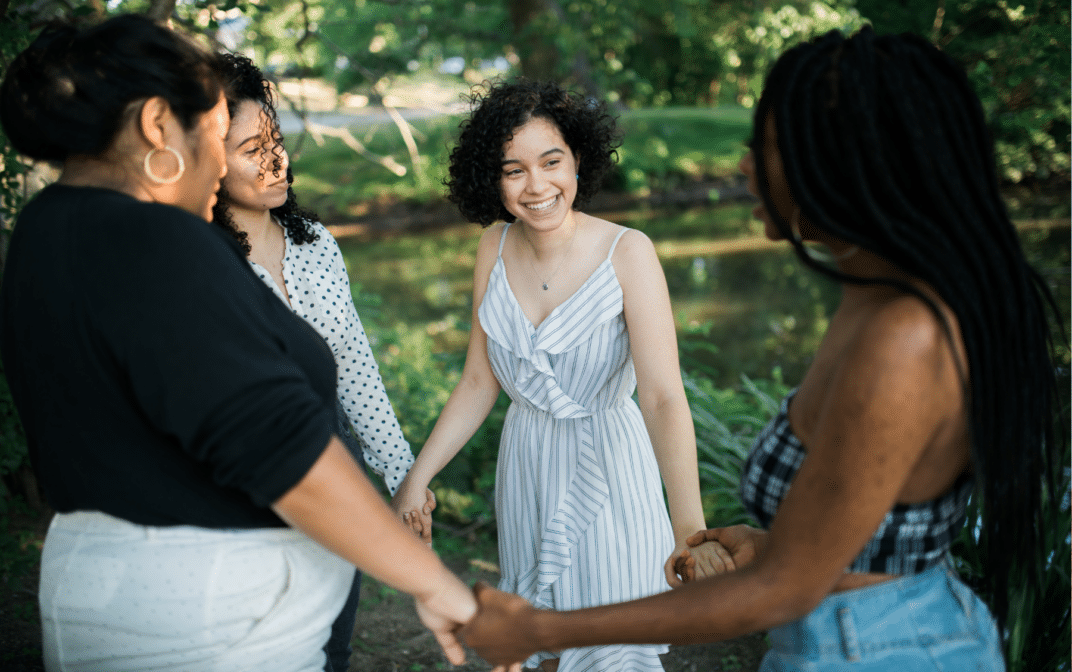
I’ve just revealed something about my life to someone I’m getting to know.
“That must be so amazing for you!” she replies.
The truth is I feel really complicated about it. Yep, parts of it are amazing. And parts of it are really hard. It’s caused joy and it’s caused pain. It’s not so straightforward as her reply makes it seem.
I get that she’s trying to connect with me, but her assumption of how this part of my life “must be” has the opposite effect.
I can feel the gate on my heart slide closed, my walls slowly ascending.
The phrase, “That must be so _______ for you” can distance us instead of bring us closer if, in fact, the experience we’re assuming a person is having or has had is not accurate.
I’ve felt it from the other side where someone shares something about their life, and without thinking I match it up with my own experience and respond, assuming that their experience of this thing is exactly like my experience of it.
Let’s say my friend has a new baby and her mother-in-law lives in town and has offered to help her take care of the baby. My experiences up to this point and my worldview might automatically see this as a good thing. But when I say, “Wow! That must be so great for you to have all that help!” my friend feels immediately misunderstood because her relationship with her mother-in-law, an alcoholic who she’s never felt safe around, is far from straightforward.
She might go the full-on honest route and say, “Actually, it’s not that great. She’s an alcoholic and our relationship is hard,” which I would, of course, completely respect and honor.
Or, more likely, she’ll feel the disconnect between her lived experience and my assumption of her lived experience and just let the chasm between us sit there and simply nod and smile.
If your aim is to truly empathize and connect, replace, “That must be so _____ for you” with, “What is that like for you?”
This works in all scenarios.
Someone tells you they’re an astrophysicist. Instead of saying, “Wow! That must be so intense and require so much brain power all the time!” you could ask, “What’s being an astrophysicist like?” I bet they’ve almost never been asked that question, and they’ll likely be invited into a deeper level of inquiry about their vocation than they’ve experienced in a good long time.
A friend tells you that one of their blog posts has just gone viral and now their inbox is flooded with media requests and their visibility has just gone off the charts. Instead of saying, “You must be so excited!” ask, “What’s that like for you? How are you feeling?”
Assumptions alienate. Questions paired with genuine listening connect. ![]()

The world is divided enough. We don’t need to casually, unintentionally divide it more by making assumptions about what other people’s lives are like and shutting down the chance of genuine connection by stating how other people must be feeling before giving them a chance to tell us.
People surprise me every day and it’s delightful, heartwarming, and astounding. But when I decide I already know what’s going on with them, I throw out the chance to be surprised.
Let people surprise you. Stop telling them how they must feel and instead, just ask them what it’s like to be them.
OVER TO YOU:
Has someone ever made you feel alienated by assuming what it must be like to be you? What could they have said instead? Tell me about it in the comments!






39 comments